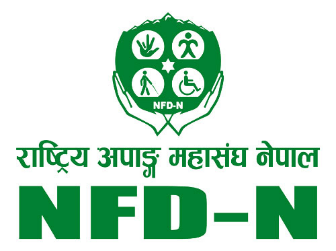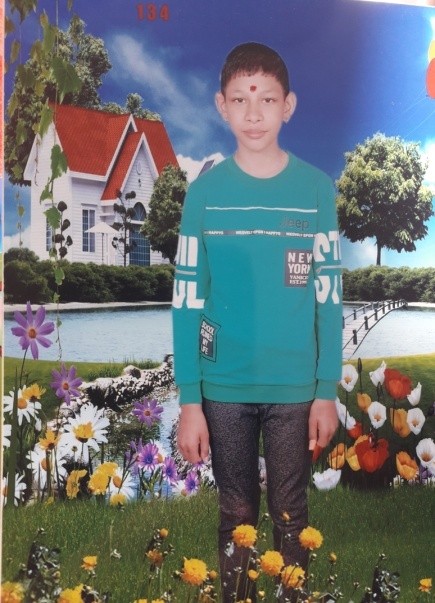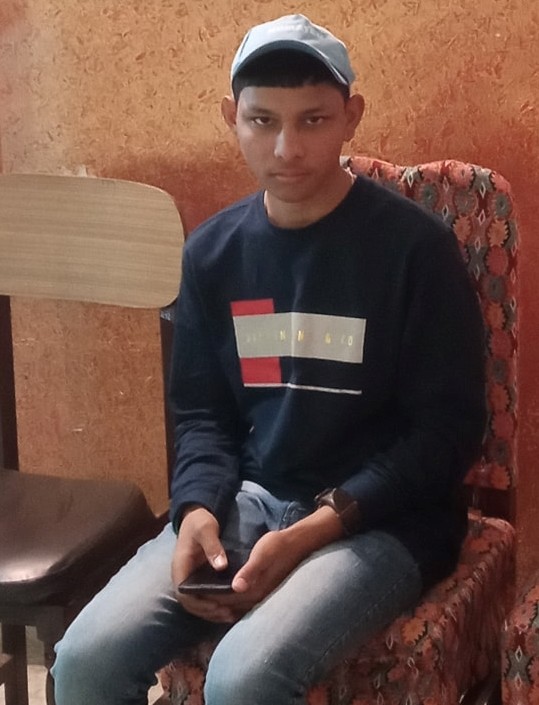From Silence to Strength: Nirmala Bista’s Inspiring Journey of Advocacy and Leadership
Once confined to the role of a housewife, Nirmala Bista from Kailali now leads an organization. She shares that participating in various programs has significantly enhanced her knowledge and awareness.
There was a time when Nirmala feared speaking to strangers, but today, she actively advocates for the rights of her son and other individuals with intellectual disabilities, engaging with local and provincial governments. She has become an inspiration for women in her community and currently serves as the Deputy Secretary of the National Federation of the Disabled Nepal, Sudurpashchim Province, fulfilling her responsibilities with remarkable efficiency.
Her journey from being a simple housewife to holding a leadership position in the federation has been filled with struggles and inspiration. The life of her son, Prashant, who has received her unwavering love and support, has also undergone a significant transformation.
There was a time when Prashant was unaware of whether he was even wearing clothes. If someone approached him, he would react aggressively. But today, he lives a normal life. Having completed his basic education, he is now ahead of his peers in using information technology. His socialization and development are primarily credited to his mother’s immense dedication and effort.
Nirmala Bista, a resident of Dhangadhi Sub-Metropolitan City-3, gave birth to Prashant, her eldest son, around 19 years ago in 2062 B.S. (2005 A.D.). As the firstborn, he was showered with love and affection by all family members, making Nirmala naturally joyous. Her marital and family life was progressing happily.
However, as time passed, Nirmala discovered that her son had an intellectual disability. Initially, she had no knowledge about such conditions, so his behavior puzzled her. Even as he grew older, Prashant remained unaware of his clothing and often exhibited aggressive tendencies, frustrating his parents.
Concerned about her son’s condition, Nirmala and her husband sought treatment in various places. Eventually, they learned that Prashant had an intellectual disability that could not be cured. The family had no choice but to accept this harsh reality.
The once-adored mother soon became a subject of disdain due to her son’s condition. Not only did she face societal and familial rejection, but even her husband resorted to physical abuse and mistreatment. Already burdened by worry for her son, Nirmala found the behavior of her family and society deeply painful.
Over time, she crossed paths with Priya Khadka, the Provincial Manager of the National Federation of the Disabled Nepal, Sudurpashchim Province. Khadka encouraged Nirmala to participate in federation programs. Initially, she hesitated due to fear and embarrassment, so she sent her younger sister instead. But after hearing about the program’s impact, she decided to attend herself, marking a turning point in her life.
Attending her first program and seeing many individuals like her son gave her a sense of relief and positivity. As she continued participating, she gained in-depth knowledge about disability-friendly behavior and caregiving, especially for individuals with intellectual disabilities.
According to Nirmala, Prashant’s mental state is different from other children, and he also has limited vision, which she has come to understand over time. She chose not to enroll him in a special school for children with disabilities, believing that he wouldn’t receive proper care there.
Nirmala has two sons, with Prashant being the eldest. He studied up to Grade 8 at the nearby Shree Kedar Boarding School. His parents had to request the principal to promote him to Grade 8, ensuring he did not feel inferior as his peers advanced while he remained in the same class.
Even getting him admitted to school was a challenge, as the institution was initially reluctant. They accepted him only under the condition that full fees would be paid. Despite this, Prashant insisted on attending the same school as his younger brother.
Within the family, Prashant never faced discrimination. No one in the family saw him as disabled. In fact, they did not even obtain a disability identification card for him until the National Federation of the Disabled Nepal intervened.
Nirmala recalls questioning why her son was different from others, which deeply saddened her. However, over time, she has learned to accept it as a part of life.
As the family created a supportive environment for Prashant, he gradually learned various life skills. He became more social and now interacts comfortably with people. Today, he can easily engage in conversations with anyone and assists with household tasks like cutting vegetables, kneading dough, fetching water, and cleaning his room.
Currently, Prashant is actively involved with the Self-Advocates’ Group formed by the Intellectual Disability Parents’ Association, Kailali. He visits various offices for advocacy and even creates vlogs of program events, uploading them on YouTube.
His activism does not stop there. He is also a member of the Provincial Project Task Force, formed under the “Include Us” project, implemented by the National Federation of the Disabled Nepal in partnership with CBM Global. He regularly attends task force meetings and actively participates in advocacy initiatives.
Nirmala’s journey has been one of relentless struggle. Her work is not limited to her son’s development—she has also coordinated with the National Federation of the Disabled Nepal to conduct surveys and establish the Intellectual Disability Parents’ Association, Kailali, incorporating other families facing similar challenges. This initiative has helped advocate for capacity-building and rights for individuals with intellectual disabilities like her son.
Through its partnership with CBM Global, the federation received grant funding under the “Include Us” project. This enabled them to establish an office, procure essential materials, and even hire staff, allowing for the smooth operation of regular activities.
The Intellectual Disability Parents’ Association, Kailali, is continuously conducting capacity-building programs for individuals with intellectual disabilities and their parents. Additionally, it collaborates with local governments to organize various programs. Under Nirmala’s leadership, the organization now aims to coordinate with the provincial government to expand its activities.
Thanks to her initiative, similar associations have been established in other districts of Sudurpashchim Province. She actively participates in various programs, raising awareness about intellectual disabilities. For the fiscal year 2081/82 (2024/25), she has even submitted budget and program proposals to local and provincial governments.
Once ridiculed for giving birth to a child with an intellectual disability, Nirmala’s life has undergone a remarkable transformation due to the National Federation of the Disabled Nepal and the “Include Us” project. Today, she is not just an influential leader in her community but also a source of inspiration for other parents facing similar challenges. Her husband, who once mistreated her, now fully supports her endeavors.
Nirmala expresses her commitment to dedicating her life to this cause. Her son, too, is now living happily, engaging in creative and daily life activities, and moving forward with a fulfilling lifestyle.



